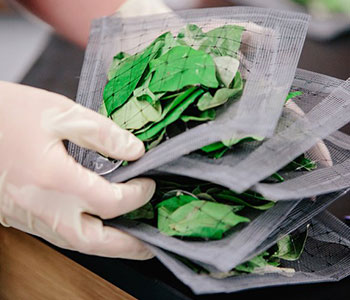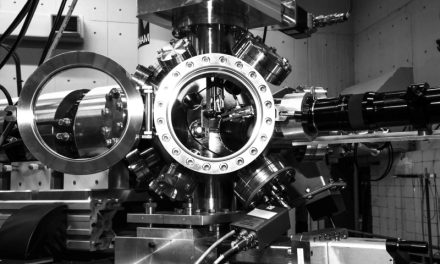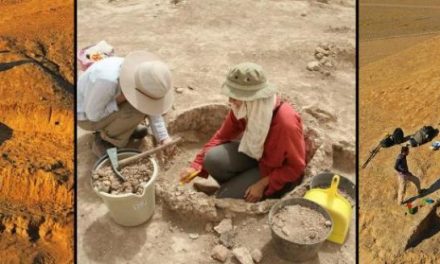The web portal Study in Greece is campaigning for the promotion and international visibility of Greek Universities and the comparative educational advantages of our country. In particular, the campaign focuses on the foreign language study programmes that Greek Universities offer to Greek and international students. The initiative is supported by the General Secretariat of Higher Education of the Ministry of Education and Religious Affairs and the General Secretariat for Greeks Abroad and Public Diplomacy of the Ministry for Foreign Affairs. In this context, a number of educational programmes and actions are presented in detail on a regular basis, such as undergraduate and postgraduate programmes, summer schools etc, to inform international students about the many foreign language options offered by Greek Universities.
Study in Greece interviewed Professor Iosif Botetzagias, of the Department of Environment of the University of the Aegean, on the MSc in Global Environmental Change, Management & Technology, its features and what it has to offer to international students.
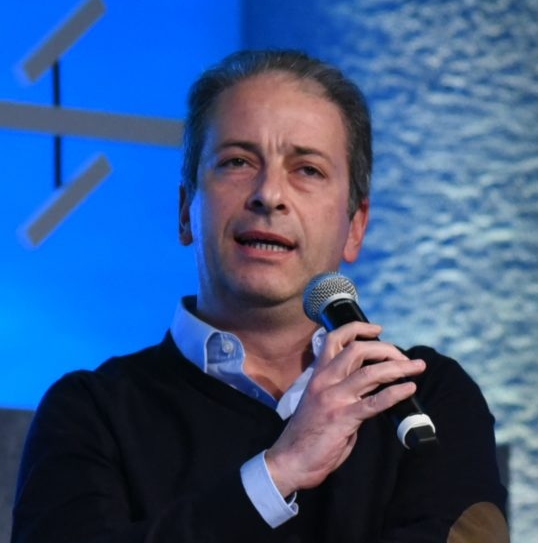 Iosif Botetzagias is Professor of Environmental Politics & Policy at the Department of Environment of the University of the Aegean and Director of the MSc in Global Environmental Change, Management & Technology, with two directions taught in Greek and one (Research in Environmental Sciences) taught in English. His research and teaching focus on Environmental Politics and Sociology. More specifically, he is interested in environmental behaviours, environmental communication, green parties, the state-society interactions on environmental issues, and environmental NGOs, but also has an interest in environmental history.
Iosif Botetzagias is Professor of Environmental Politics & Policy at the Department of Environment of the University of the Aegean and Director of the MSc in Global Environmental Change, Management & Technology, with two directions taught in Greek and one (Research in Environmental Sciences) taught in English. His research and teaching focus on Environmental Politics and Sociology. More specifically, he is interested in environmental behaviours, environmental communication, green parties, the state-society interactions on environmental issues, and environmental NGOs, but also has an interest in environmental history.
Mr Botetzagias, please tell us about the scope and the main teaching objectives of the MSc in Environmental Sciences, offered by the University of the Aegean.
The MSc in Environmental Sciences is a unique postgraduate programme since it is strongly research-oriented. Contrary to other programmes where the emphasis is on teaching, here the emphasis is on conducting actual research. Thus, instead of submitting a dissertation at the end of their studies, students are required to prepare, under the supervision of our Department’s faculty, their research manuscript and submit it for publication to an established international scientific journal.
Given that the programme is taught in English, please tell us why this Master is addressed to international students and which are the academic and professional benefits for them?
Since current environmental problems are of a global scale and relevance, it is important to train future environmental scientists in an internationalised context. In this Master’s Programme, the students study in one of Greece’s top Departments for Environmental Sciences and are trained to embark on a successful academic/research career. It is worth noting that our students’ research papers have been published in prestigious journals such as the Journal of Cleaner Production, Biological Conservation, Environmental Modelling & Software, The Proceedings of the National Academy of Sciences (PNAS) and Science of the Total Environment. Also, over 90% of our past students have proceeded in undertaking a PhD, both in Greece and abroad.
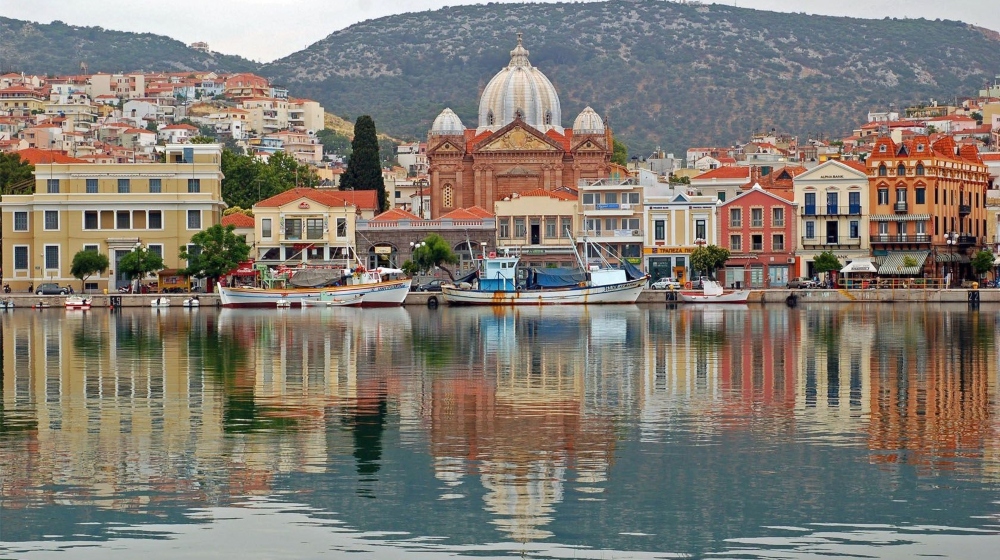 What does Mytilene have to offer international students, and how could it attract more students from the East due to its geographical location?
What does Mytilene have to offer international students, and how could it attract more students from the East due to its geographical location?
Mytilene is a small yet vibrant coastal town, situated in one of the most beautiful Greek islands, Lesvos. Thus, an international student will not only benefit academically but also enjoy a nice student life in a picturesque location. Attracting more students from East countries has always been our aim; there are some issues concerning the accreditation of students from non-EU countries that can slow down the application process, but there are efforts to remedy this situation, and hopefully they will soon bear fruit.
Tell us a few things about the University of the Aegean – its history, its departments, its facilities and its efforts to evolve within the contemporary global scientific and environmental research.
I will talk about our own Department, the Department of Environment, in the University of the Aegean. It is the first Environmental Sciences’ University Department established in Greece. Over the past 35 years of its existence, it had followed a ground-breaking and pioneering path. It has set the beat of environmental sciences in Greece, by internationalising the curriculum, promoting academic excellence and introducing innovative ideas, new activities and novel courses.
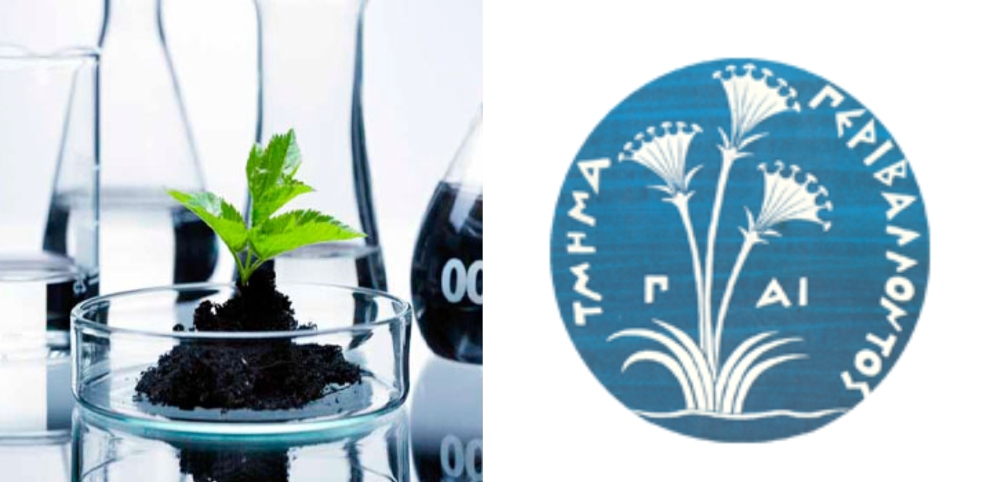 The Department of Environment offers a distinctive and cutting-edge undergraduate curriculum which:
The Department of Environment offers a distinctive and cutting-edge undergraduate curriculum which:
- Emphasises the interdisciplinary study of the Environment, by combining courses on environmental science and engineering, ecology, social-environmental sciences, circular economy and Entrepreneurship.
- Encourages students to acquire professional experience through summer internships in a variety of industries, private and public agencies and NGOs.
- Prompts students to enrich their learning experience by studying abroad through the Erasmus+ programme, in Germany, the Netherlands, Spain, Sweden, UK and other EU countries.
The current curriculum meets all quality standards of internationally recognised universities in Europe and North America and is certified by the Hellenic Authority for Higher Education for the 2020-2024, as “fully compliant” with the Standards and Guidelines for Quality Assurance in the European Higher Education Area (ESG2015).
The Department of Environment has organised its research expertise in three sectors: (a) Environmental Engineering and Science; (b) Ecosystem Management; and (c) Socioeconomic and Humanistic Environmental Sciences, and 9 active research laboratories with rather impressive research infrastructure, with state-of-the-art instrumentation in many cases:
- Energy Management Laboratory
- Laboratory for Environmental Policy & Strategic Environmental Management
- Water and Air Quality Laboratory
- Remote Sensing Laboratory
- Regional and Insular Development Laboratory
- Waste Management Laboratory
- Research Centre of Environmental Communication and Education
- Biodiversity Conservation Laboratory
The research profile of the Department is rather broad and unique and aims at high quality research as one of the basic competitiveness tools for academic excellence and for the regional and national economy, which strongly depends on environmental stewardship and ecosystem services.
All graduate students at the Department of Environment have the opportunity to gain experience, work and contribute to those research projects. This concerns projects during their studies as well as seminar papers and theses.
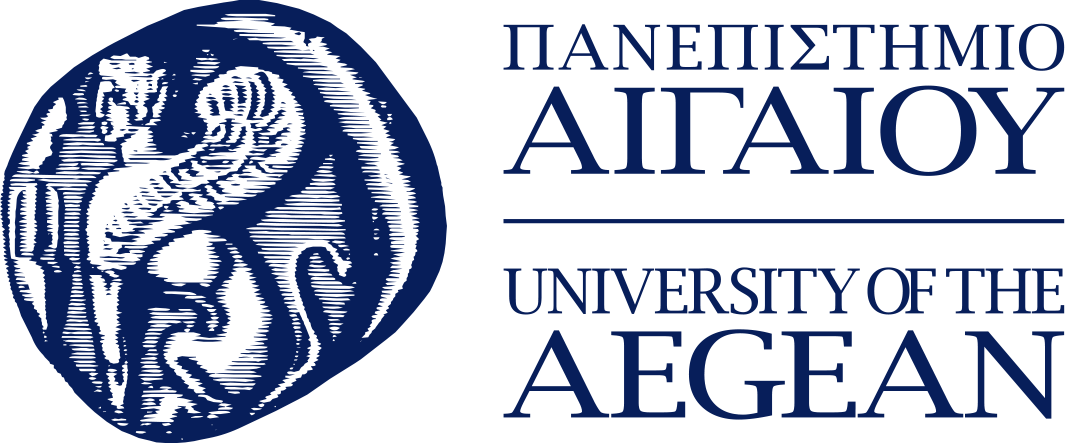 Knowing that you are taking over the direction of the programme in the upcoming days, tell us what is your vision and goals?
Knowing that you are taking over the direction of the programme in the upcoming days, tell us what is your vision and goals?
I wish for our MSc programme to develop closer ties with the business and public sectors. As I have mentioned, our students are required to conduct applied research. To that extent, interested parties such as companies, industries, governmental authorities and so on, could offer scholarships to perspective students in order for the latter to undertake the research necessary in addressing the real needs of, and challenges faced by, these entities. This is certainly something I will try to promote during my term in office.
Read also via Greek News Agenda: Study in Greece: Professor Petros Gaganis presents the MSc in Environmental Science, Policy & Management (MESPOM) at the University of the Aegean
N.M.

